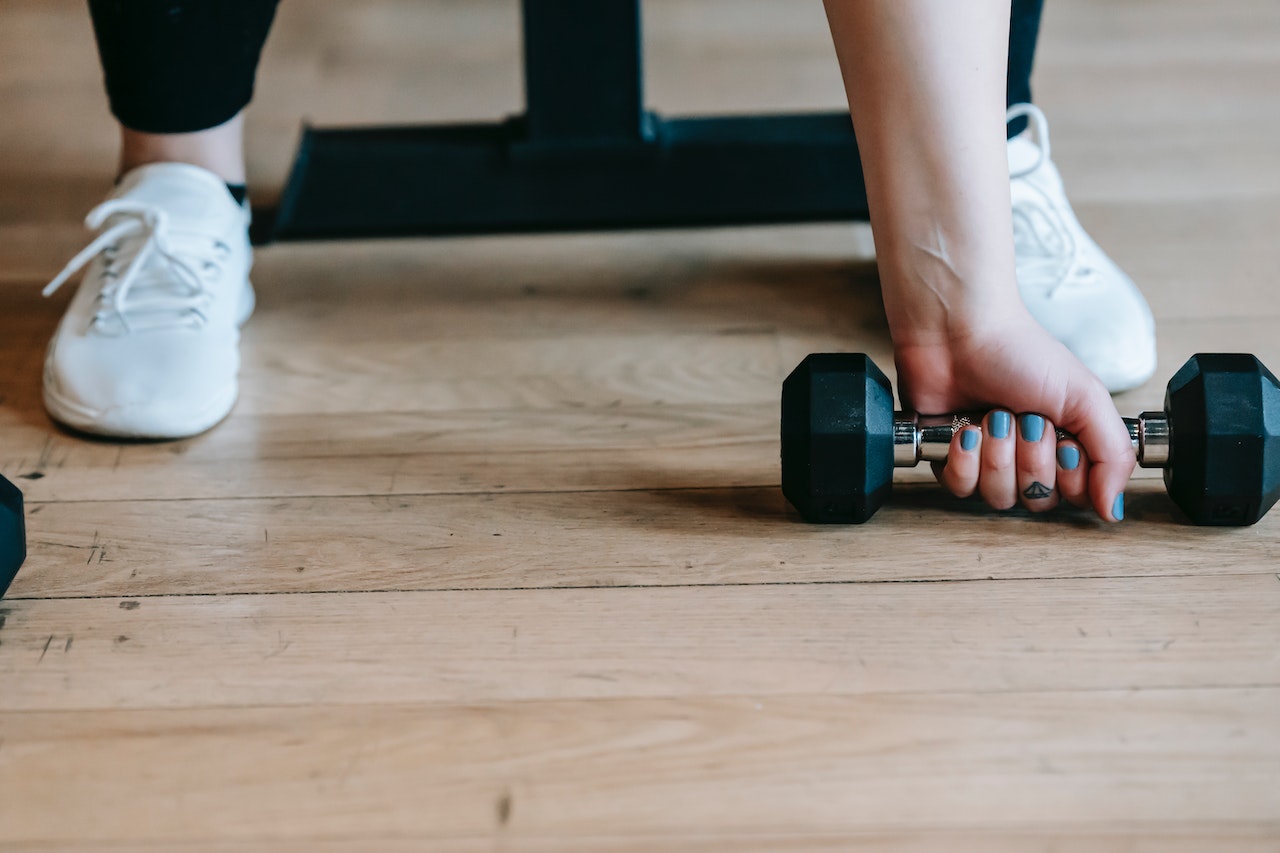A lot of things can ruin your sleep, such as being sick, having family issues, or even stress from your job. So it can come as no surprise to some people why they have a hard time getting a good night of sleep.
It is quite possible that you have no control over what keeps you from getting a good night’s sleep. You can start by trying any one of the suggestions below for naturally improving your sleep.
Establish a Sleep Schedule
Good habits are the key to sound sleep. An excellent method to look forward to sleeping and unwinding at the end of the day is to establish a nighttime routine. Even if reading a book or doing meditation are good ways to decompress, you are not required to make the standard nighttime suggestions if you don’t like them. Simply look for something relaxing and, most importantly, enjoyable. Play goofy tunes, listen to your favorite music, read gossip magazines, and do crossword puzzles. Anything is OK as long as it makes you feel relaxed and happy.
Take Up Space
Dr. John Shepard of the Mayo Clinic reported that sleep disturbance occurs every night for 53% of pet owners who sleep with their animals. Additionally, more than 80% of adults who sleep with kids report having problems falling asleep. Children and dogs can often be the poorest sleepers and largest bed hogs. Keep pets and children off of your bed since each person has a right to their place for sleeping.
Add Melatonin to Your Diet
Your body naturally creates melatonin as the time to go to bed approaches. If your regular sleep pattern has been disturbed, such as if you’ve transferred to a late-night shift at work or you have jet lag, you can take melatonin supplements temporarily.
Keep Temperatures Cool
While 80 degrees can be perfect for the beach, it is terrible for the bedroom at night. Compared to a tropical environment, a temperate room is better for sleeping. The NSF suggests a setting of around 65 degrees Fahrenheit. You may lower your core body temperature and fall asleep more quickly and intensely by finding a balance between the thermostat, the bed covers, and sleepwear.
Turn Off the Lights
Make your bedroom as dark as possible to promote sleep since light alerts your brain that it is time to wake up. The generation of melatonin, a hormone that aids in regulating sleep cycles and general sleep, can be disturbed by even a tiny quantity of ambient light from your cell phone or computer.
Sip Chamomile Tea
Chamomile has many chemicals, like apigenin and coumarin, linked to tranquility and relaxation. The flower has a long history of usage in traditional medicine to treat sleeplessness. According to another study, nursing home residents who took two chamomile 400-milligram capsules daily reported much-improved sleep.
Pay Attention to Your Diet and Hydration
Before bedtime, try to avoid eating too much or not eating enough. One common mistake is for people to eat a large dinner right before they lay down for bed. The discomfort from a full stomach might keep you up during the night.
Substances such as alcohol, caffeine, and nicotine should be controlled or avoided altogether before trying to sleep. Both nicotine and caffeine can give you an energized effect which can take hours to work itself out of your system. Alcohol in your system can affect your sleep at a later time during the night, even if you feel tired as you consume alcoholic drinks.
Supplement With Magnesium
A vital element for the body, magnesium is required to support many organs and bodily processes, including sleep. Insomnia and other sleep issues are related to low magnesium levels. Supplemental magnesium has been demonstrated to help increase the quantity and quality of sleep.
Relaxation and Breathing
The leading cause of people having trouble falling asleep at night is stress from the day (or concerns about the future). It might be challenging to relax your thoughts, but concentrating on relaxation before bed will help you nod off more quickly. 4-7-8 breathing is one well-liked method. This breathing technique is simple to master and is derived from yoga: Inhale for four counts, hold your breath for seven counts, then exhale for eight counts. Repeat three times, or more if necessary, and you should fall asleep quickly.
Avoid Smoking
According to NIH research, smokers are four times more likely than nonsmokers to feel under-rested after a whole night of sleep. This is due to nicotine’s stimulant properties as well as the withdrawal symptoms that occur at night. Smoking can make it challenging to obtain a good night’s sleep since it exacerbates sleep apnea and other respiratory conditions like asthma.
Key Takeaways
Disruption of your sleep can impact your emotional and physical health and make you feel less energized the following day. Fortunately, there are simple, natural solutions that can make your sleep better.
To help you sleep better today, try one of the strategies listed here. Or, if you are looking for more support, consider using Virtue Maps and our collection of tools meant to help you transform your life. Coaching, neuroscience protocols, and a connected, engaged community are at your fingertips.




